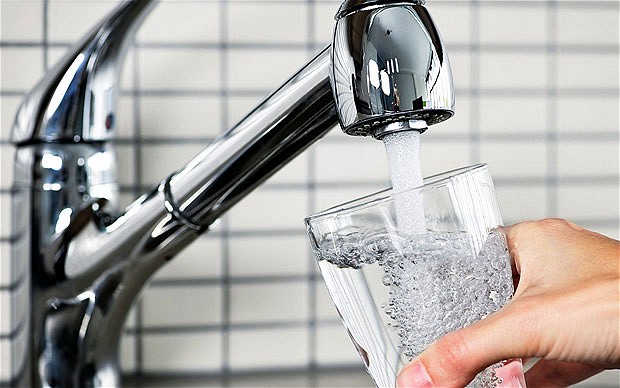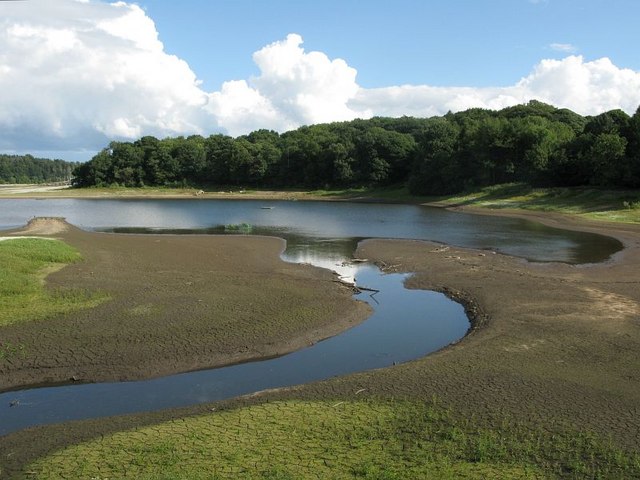It's no longer enough to go with the flow
South Wales Evening Post - 13 May 2014
There are some things in life that we take for granted. One example is the stuff that comes out of our kitchen taps.
We tend to forget that a reliable supply of decent quality drinking water is not just a convenience. In many parts of the world it marks a nation's standard of public health.
There's no argument that water is one of our greatest natural assets. Here in Wales it has quite literally shaped our nation.
The Met Office website describes our region has having "a maritime climate characterised by weather that is often cloudy, wet and windy, yet mild".
Speaking as someone who lives on the windward side of Drummau Mountain, the nature of the Welsh weather is pretty much in my face every time I open the front door.
So at first sight, a National Water Strategy, which is currently out to consultation in Wales, feels like a suggestion from people with far too much time on their hands.
The reality, though, is that while a serious amount of water falls on our part of the world, catching and storing it safely for public consumption is an increasingly challenging task.
This means those responsible for our water supply often have to juggle the needs of people and business whilst also safeguarding the natural environment.
While it's true that industrial demand has fallen away, domestic consumption has gone up by almost 50 per cent over the last 25 years.
According to the stats, the average person in England and Wales now uses 150 litres of water – about two full baths – each day (who knew?).
We mostly use water for washing and toilet flushing, but there's also drinking, cooking, washing the car and watering the garden.

Resources on tap - but for how much longer?
This growing level of demand not only has an impact on supply resources. It adds greatly to the amount of stuff heading into the sewage system.
Surprisingly, a decade and a half of devolution has not provided Wales with full legislative control over water and sewerage. The Silk Commission has made some recommendations in that direction but for the time being, management, conservation and regulatory controls come under an umbrella arrangement, so to speak.

Water abstraction is a cause for concern
Something that is getting attention throughout the UK is the extent to which we have been the architects of our own problems. The wettest winter for nigh on 250 years has flagged up that messing with natural drainage patterns can have disastrous consequences.
In many instances, much-needed new housing has added to the burden of an already creaking drainage and sewerage infrastructure.
It's possible that regulations will soon require ponds and wetland areas to be included in the design for new developments in areas prone to flooding. It's hardly a new approach, yet the best solutions seldom are.
My view is that any further changes will first need a remapping of the old pre-devolution regional water authority boundaries which were used to create water companies.
Very few of us as water customers can choose our supplier. The nature of a privatised monopoly is that pricing and consumer interests are handled by a regulator, Ofwat, and not an elected body.
Water companies argue that pricing is to pay for infrastructure. Consumer groups point to the massive level of surpluses often made by suppliers. How long all this can continue is a question for politicians. It also depends on whether they can ever properly tell the difference between "not-for-profit" and "unprofitable".
Water will always be an emotive subject in Wales. Yet whatever your view on who should manage the industry and how much we should pay, we can all agree that it is an asset that we must protect and conserve.
It's no longer enough just to go with the flow.
-----------------------------------------------------------------------------
More details on the proposals are contained in A Water Strategy for Wales which you can find online at www.Wales.gov.uk/ consultations. Closing date for comments is July 4.